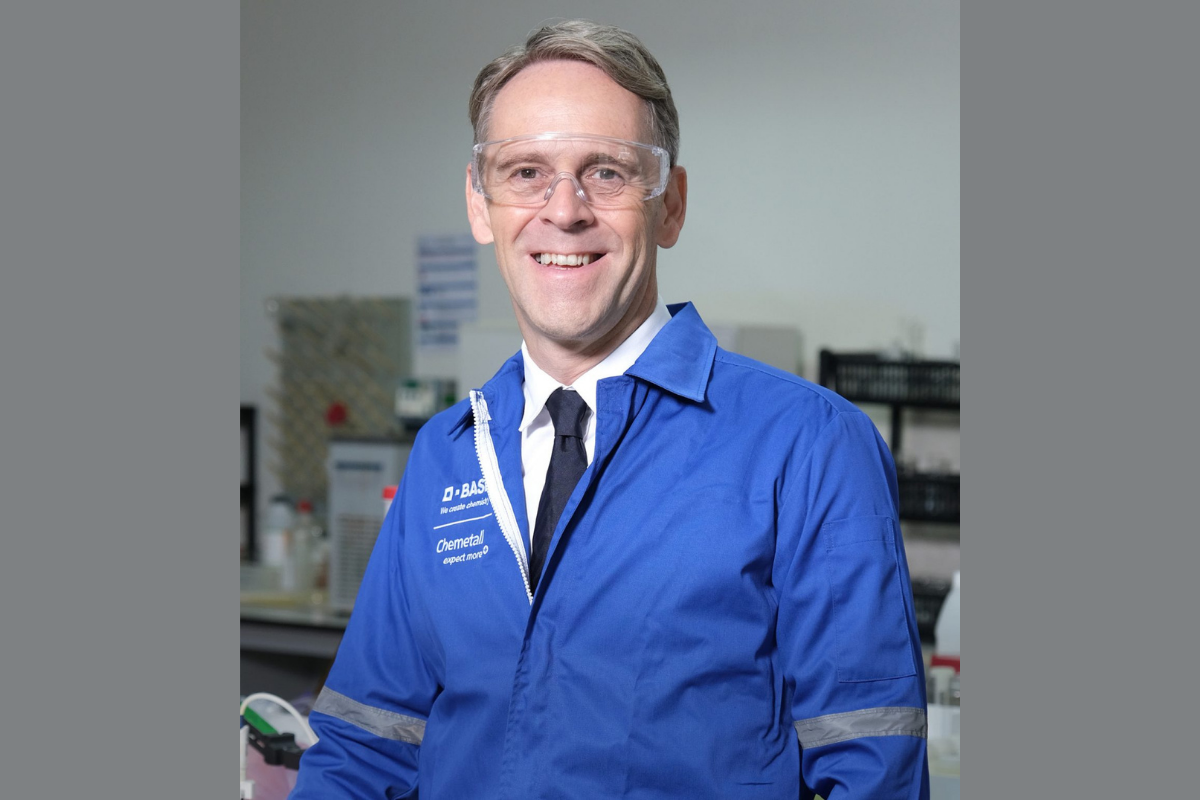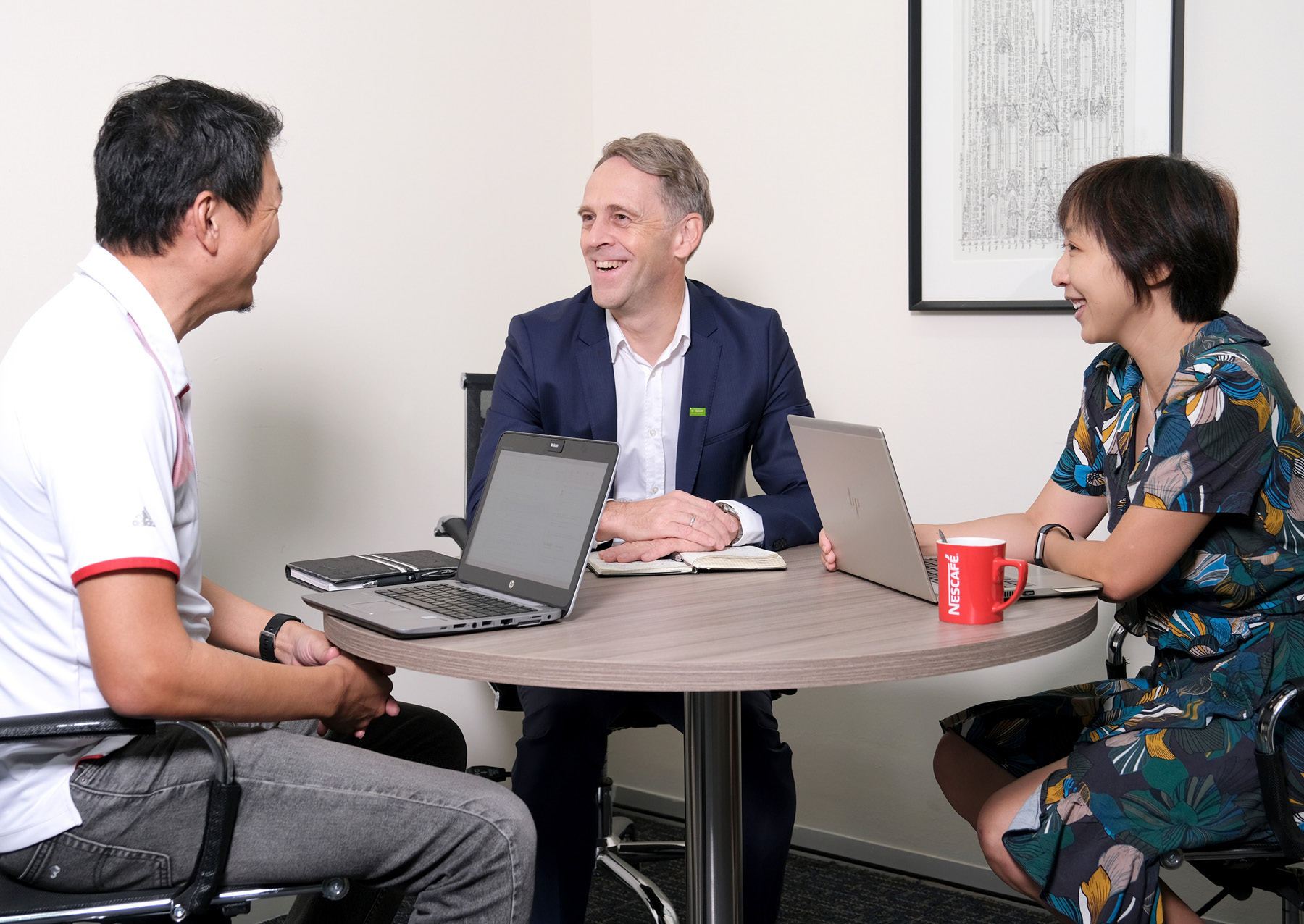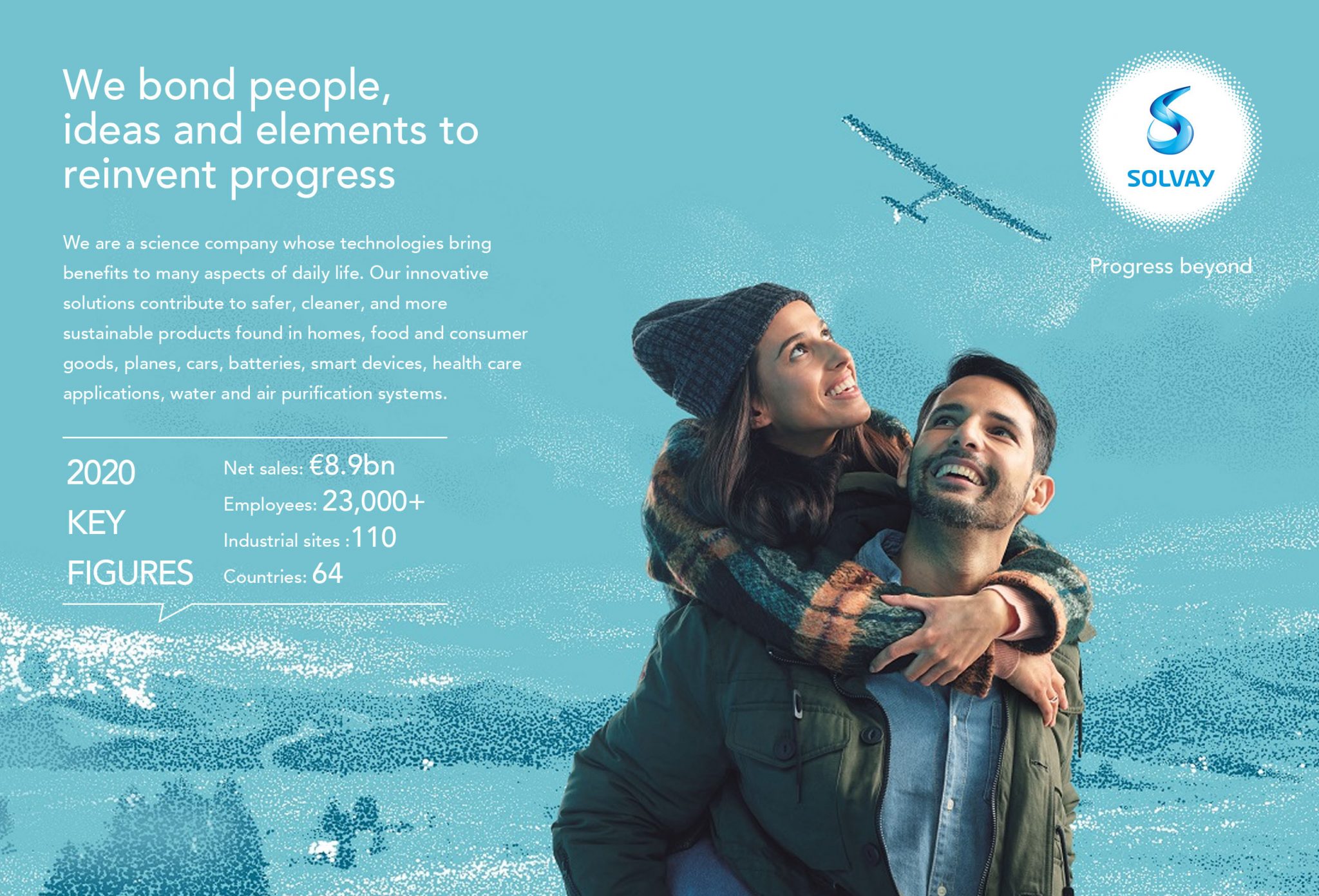German multinational chemical company BASF signed an agreement in 2016 to acquire global surface treatment business Chemetall for US$3.2 billion. Jürgen Herzog was part of the corporate mergers and acquisitions team at BASF at the time and led the project.

“That was actually the last project I undertook there – to buy Chemetall for BASF,” he tells The CEO Magazine. “Then I moved into the post-merger integration phase, so I helped BASF to integrate Chemetall.”
With that experience under his belt, Jürgen was perfectly primed for his next big career move, which was to succeed Mike Watson as Chemetall Asia’s Vice President, Surface Treatment Asia Pacific. “It’s important to understand where I come from, because to buy the company, integrate the company and now run part of it is obviously not very common within BASF,” he explains.
The timing of the appointment, however, coincided with the start of a turbulent period for the company and the world at large. “The past three years have been a little bit of a roller-coaster,” he reflects. “Starting in January 2020, things derailed quite substantially as you can imagine. The first six months of 2020 were very challenging business wise.”
We had a very good recovery towards the end of 2020 and started really well into 2021, and we are continuing on a very good journey, a very good track.
The second half of the year was more positive, however, with the recovery driven in large part by the company’s Chinese operations. “China is a big portion of our business, but also India came back, quite surprisingly, to many people,” Jürgen says. “We had a very good recovery towards the end of 2020 and started really well into 2021, and we are continuing on a very good journey, a very good track. I think we could sell even more than we currently do.”
According to Jürgen, Chemetall’s sales, while growing, are being held back by semiconductor chip shortages, which is impacting the automotive industry as a whole. “So the world is producing millions of cars less this year which, again, affects our business,” he explains.
“But looking at the end of 2021 and comparing that with where I started at the end of 2018, I’d say we are doing better, which is quite a remarkable result given what has happened in the last one-and-a-half years.”
‘Unprecedented’ is a word often used to describe the pandemic. Thankfully, Chemetall was well-positioned with strong crisis communication procedures and guidelines in place. “But you can only train and prepare so much – this was something that nobody was prepared for,” he admits. “It meant a completely different way of handling, of managing the overall operation.”
We have just come up with a product portfolio that is geared towards that plastic recycling industry.
That involved finding a balance between BASF’s centralised and corporate way of doing business and the more entrepreneurial approach adopted by Chemetall. “The culture I’m trying to instil is, on the one hand, giving my country managing directors and my direct team the freedom to operate while still working towards our strategy that we developed in 2019 and which is our guiding principle,” Jürgen says. “So it’s a lot about trust, it’s a lot about empowerment and it’s a lot about team effort.”
In his role, he draws heavily on his passion for sports, soccer in particular, taking on the role of coach. “It’s about having the right people in place in the right positions within the company and that can then play according to the strategy or the tactics that we have defined.”

This strategy involves the company’s continued expansion in Asia–Pacific. “We have a good foothold in some of our markets already but, certainly, when you compare that with our position in North America or Europe, the more, let’s say, traditional Chemetall market, we still have a lot to gain,” Jürgen shares. “I see opportunities across all our market segments.”
Jürgen’s optimism about the future of Chemetall is further stirred by the company’s implementation of innovative new digital technologies and sustainable solutions. A particular area of interest is e-mobility where it can offer metal surface treatment for batteries. “That is a completely new market segment that we want to engage in,” he reveals.
Plastic recycling will also be a major focus for the company as customers call for increasingly eco-friendly products. “We are just entering that market because you need to clean the plastic before you recycle it, and Chemetall produces cleaners for various substrates and also for plastic. We have just come up with a product portfolio that is geared towards that plastic recycling industry,” he continues.
“Our traditional business still has a lot of room to grow but, at the same time, we have at least four or five new topics on the horizon that will give us an additional growth opportunity. I think we have a brilliant future ahead.”
Proudly supported by:



